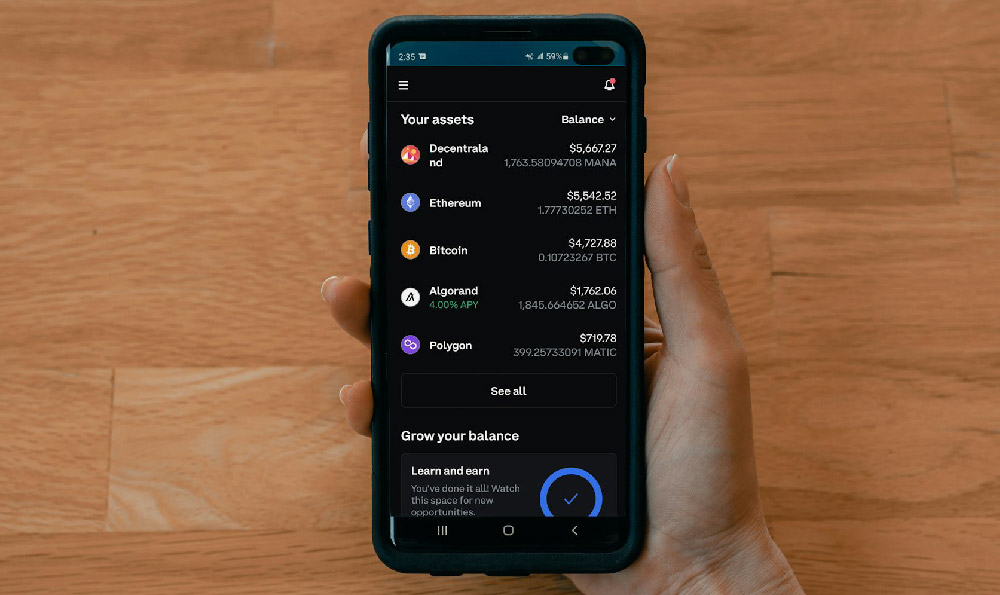Okay, I understand. Here's an article exploring Fliff's business model and profitability, written to be comprehensive and insightful:
How does Fliff make money, and is it profitable?
Fliff has emerged as a popular social sportsbook, particularly appealing to younger audiences in the United States. Unlike traditional sportsbooks that involve real money wagering, Fliff operates on a dual-currency system, using both “Fliff Coins” (play-money currency) and “Fliff Cash” (promotional sweepstakes currency). Understanding how Fliff leverages this unique model, generates revenue, and ultimately strives for profitability is crucial to evaluating its long-term viability.

The core of Fliff's revenue generation lies in several strategic avenues. Primarily, it relies on the sale of Fliff Coins. Users can play the platform using free Fliff Coins given to them daily. Once the coins run out, they have the option to purchase more. While Fliff Coins hold no intrinsic monetary value and cannot be withdrawn, their appeal stems from the ability to participate in social sports predictions, climb leaderboards, and gain recognition within the Fliff community. This purchase of virtual currency provides a direct income stream for Fliff. The psychology behind this is interesting; players invest in the experience, the feeling of being involved, and the potential for bragging rights, even without the tangible financial gains of traditional gambling. This mirrors the microtransaction-driven economies of many free-to-play mobile games.
The second key element of Fliff's financial architecture involves Fliff Cash. This promotional currency is given away in promotions. Users cannot directly purchase it. However, the promotional nature of these free Fliff Cash credits is directly tied to regulatory compliance with US sweepstakes laws. This is why the coin is free to collect. Winnings from wagers placed with Fliff Cash can be redeemed for real cash prizes, which makes it the more attractive currency to hold on the platform.
So where does Fliff make its money from Fliff Cash? There are no direct purchases, so the business model relies on users converting their Fliff Cash into withdrawable funds. Fliff offers a withdrawal feature that requires users to have accumulated a certain amount of Fliff Cash and may impose certain wagering requirements before redemption is permitted. This is a crucial distinction that allows Fliff to operate legally within the framework of US sweepstakes regulations. In many ways, Fliff is not that different from a casino. The house keeps a certain percentage of money wagered, over time. The money comes from users losing their Fliff Cash back to Fliff, which in turn, comes from users wagering on events.
Beyond these primary revenue sources, Fliff also explores opportunities for ancillary income. Advertising and partnerships are potential avenues for growth. As the platform gains traction and accumulates a substantial user base, Fliff can attract advertisers seeking to reach its target demographic. Strategic partnerships with sports teams, leagues, or other relevant businesses can further enhance its brand visibility and generate revenue through sponsorships or affiliate marketing. Data analytics, although sensitive given the nature of the platform, could also provide valuable insights for marketing and operational improvements, potentially leading to more effective monetization strategies.
The question of Fliff's profitability, however, is more complex and less transparent. While the revenue model is relatively clear, assessing the company's expenses and overall financial performance requires a deeper understanding of its operational costs. Key cost drivers likely include marketing and user acquisition expenses. Fliff needs to continually attract new users and retain existing ones to maintain its revenue stream. This necessitates investment in advertising, promotional campaigns, and user engagement initiatives. Customer support, platform maintenance, and legal compliance also contribute to the overall cost structure. The cost of processing withdrawals, which are paid in real money, are also significant.
Another critical factor influencing profitability is the regulatory landscape. Fliff operates in a heavily regulated industry, and compliance with sweepstakes laws and gambling regulations is paramount. These costs add significantly to overhead. Failure to adhere to these regulations can result in hefty fines, legal challenges, and even the suspension of operations.
Furthermore, the level of competition in the social sportsbook market is intensifying. Numerous platforms are vying for user attention, and Fliff needs to differentiate itself and maintain a competitive edge to attract and retain users. This requires continuous innovation, product development, and a compelling user experience. User experience is key. Many users use multiple platforms at once, and will choose the platform that has the best user experience.
The scalability of Fliff's business model is also a key consideration. Can the platform effectively manage a growing user base and transaction volume without incurring disproportionately high costs? Efficiency in operations, automation of processes, and effective management of risk are crucial for achieving sustainable profitability.
In conclusion, Fliff's revenue model hinges on the sale of Fliff Coins, promotional offerings of Fliff Cash, and potentially advertising and partnerships. Whether the platform is currently profitable is difficult to determine definitively without access to the company's financial statements. The company's overall financial health depends on its ability to manage its costs effectively, navigate the complex regulatory landscape, compete effectively in the market, and scale its operations sustainably. It's important for potential investors and users alike to understand these dynamics before engaging with the platform. The long-term success of Fliff will ultimately depend on its ability to build a loyal user base, generate consistent revenue, and maintain a viable business model in a constantly evolving market. The competitive landscape for social sportsbook platforms is tough, so Fliff must continually innovate, maintain regulatory compliance, and offer unique value to its users in order to thrive.












